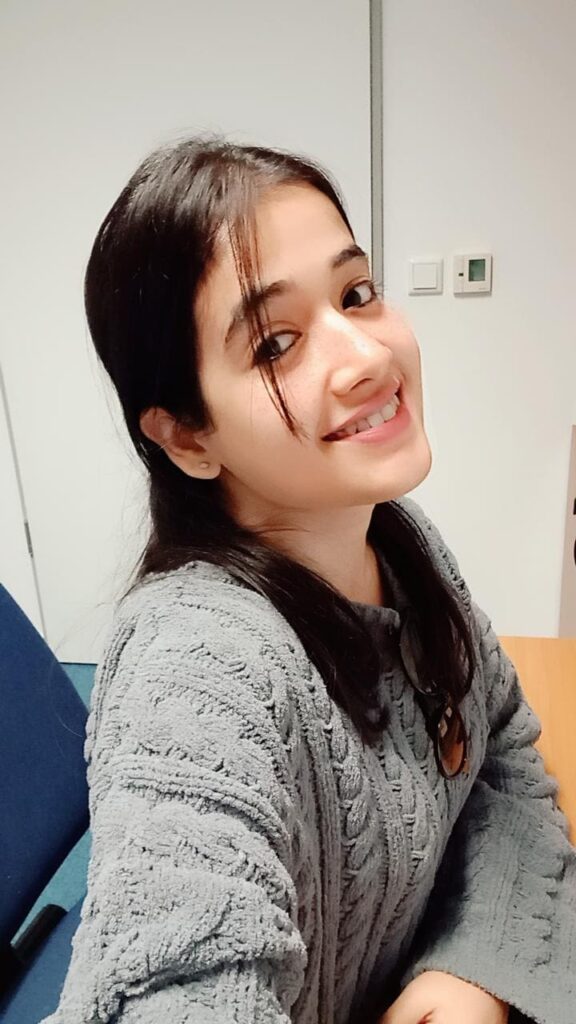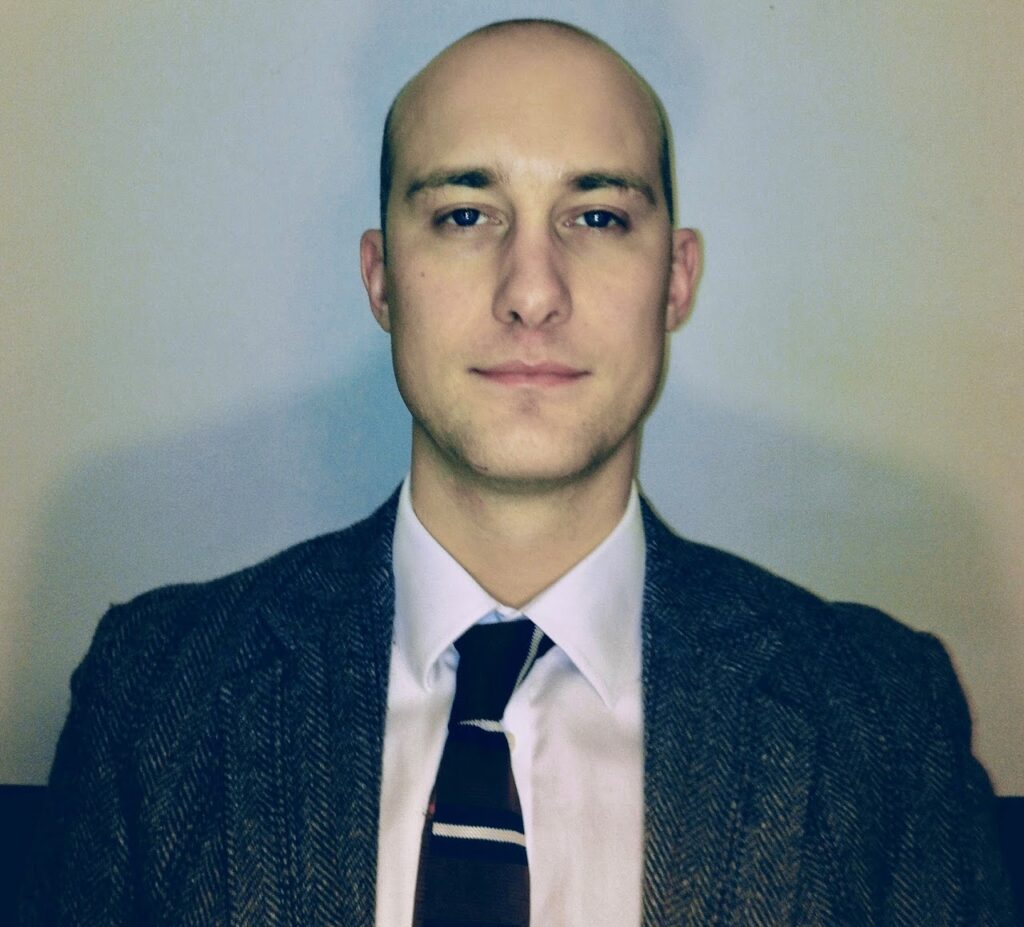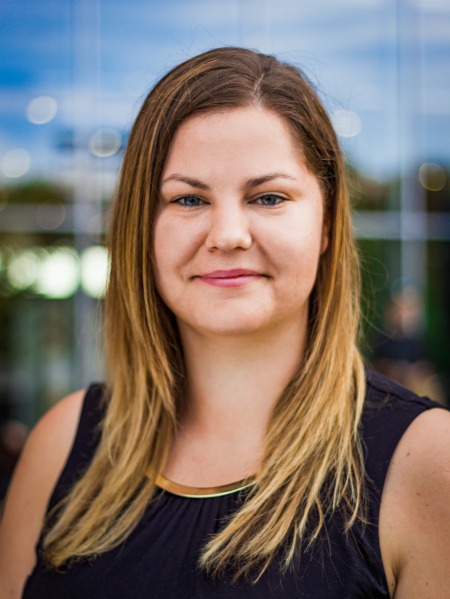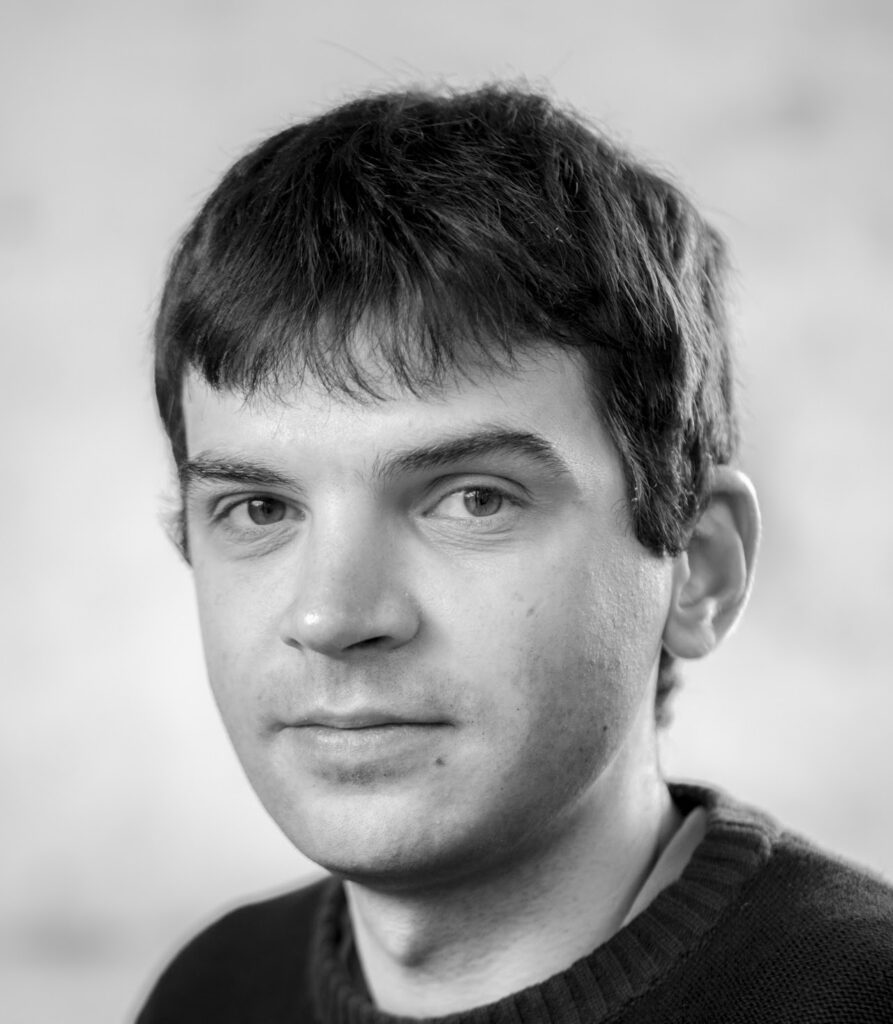
Mats Köster (Central European University, Vienna) will be presenting his paper “Conversations“ (co-authored with Paul Voss) on December 6th at 10 AM, room QA 405. One-to-one meetings with the speaker can be arranged; please contact the seminar organizers, Dr. Noémie Cabau (cabau.noemie@gtk.bme.hu) and Dr. Arseniy Samsonov (samsonov.arseniy@gtk.bme.hu).
Abstract: We develop a theory of conversations. Two agents with different interests take turns choosing the topic of the conversation. Talking about a single topic allows to delve deeper, making the conversation more informative (or enjoyable). To capture this, we assume that the marginal utility from conversing increases when the agents stay on topic. The equilibrium conversation is extreme: it either maximizes or minimizes welfare. Long conversations tend to be deep and thus efficient. Short ones are often superficial. The topic of a deep conversation depends in subtle ways on who speaks when. Applications range from echo chambers to team production.






